"Miscellaneous scenes of the sea. Includes brief shots of some boats moored in a foreign harbour and various travelling shots of the sea, taken from on board ship. Concludes with family footage of a young girl walking along a garden path, holding hands with two women and a brief shot of a couple of children playing on a swing" (NWFA Online Database).
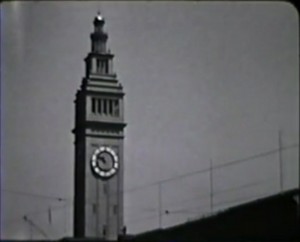

"In September 1985, Robbins Barstow and his wife Meg, of Wethersfield, Connecticut, USA, went on a four-week tour of China. This personalized travelogue includes visits to Shanghai, Beijing, the Great Wall, Xian, Guilin, and a cruise down the Yangtze River." Archive.org
"Carl Weagant's sea epic, The Cruise Of The Carlsark, 3000 ft., 16mm., is a complete film record of the voyage of the ketch, Carlsark, across the Atlantic. Three Cornell men began the adventurous trip at Ithaca, N. Y., sailing through the Erie Canal system into the St. Lawrence and thence out into the Atlantic. Crossing the ocean in the little yawl, they cruised through the Mediterranean and returned home, stopping at the Canaries. The film record of the trip, made by Mr. Weagant, who was skipper as well as cameraman, is almost as important an advent in the annals of amateur movie making as the trip itself is in yachting circles. Excellent in exposure throughout, the picture contains few of the errors that would have been excusable. The continuity follows the chart of the voyage but the reels of sea scenes in the midst of the film can be considered as a separate subject. These scenes, telling the every day life aboard the ketch and the exciting incidents on the trip, are as interesting and as well photographed as any amateur made sea pictures that have come to the attention of League headquarters." Movie Makers, Dec. 1930, 759.
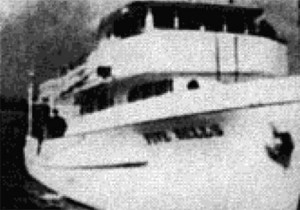
"A documentary of Dr. Fernando F. Guerrieri's cruise on "The Five Bells" from Los Angeles to Salina Cruz, Mexico with intermediate shore stops. There are scenes from some of the sleepy villages. The main interest is life aboard the yacht, cleaning, mending, fishing, eating, and all the other things and events one might expect on a yacht in southern waters. The picture creates a feeling of relaxation and restful purpose, with some deep sea fishing" PSA Journal, Nov. 1958, 46.
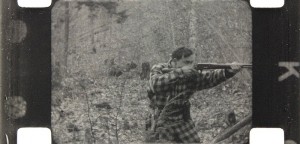
Thomas Archibald (Archie) Stewart
"Structured around a hunting trip to Maine made by Archie Stewart and Howard Kendall. The two men travel to Perry, Maine, from New York state by train, then drive a car to a lake where they transfer their luggage to a motor boat on Grand Lake Stream and ride through heavy fog on rough water to West Grand Lake. They then carry a canoe to Lower Sysladobsis Lake, load the canoe with their rifles and supplies, and paddle off. After reaching their camp along the lake's shore, they check their rifles and eat before hunting." oldfilm.org
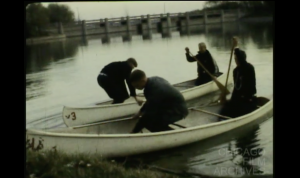
"Amateur silent film of a boy scout troop making a fiberglass canoe step by step from a mold, from start to finish. Boy scouts all help in each part of the process. They then take their finished canoes on a trip where they learn how to row their new canoes and camp out on the river." Chicago Film Archives
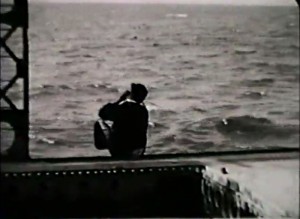
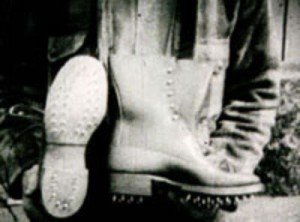
"Depicts the year-round activities of the Machias Lumber Company on the Machias River in Washington County, Maine. Includes scenes of winter logging in the forest with hand tools and horses, as well as the spring log drive, with loggers using peaveys to break up log jams on icy rivers as the logs are moved from the forest to the mill. Includes footage of lumber loaded onto schooners in Machias for transport to New York and schooner being towed to sea by sardine boat." oldfilm.org
"doc. turistico"/tourism documentary
Total Pages: 8